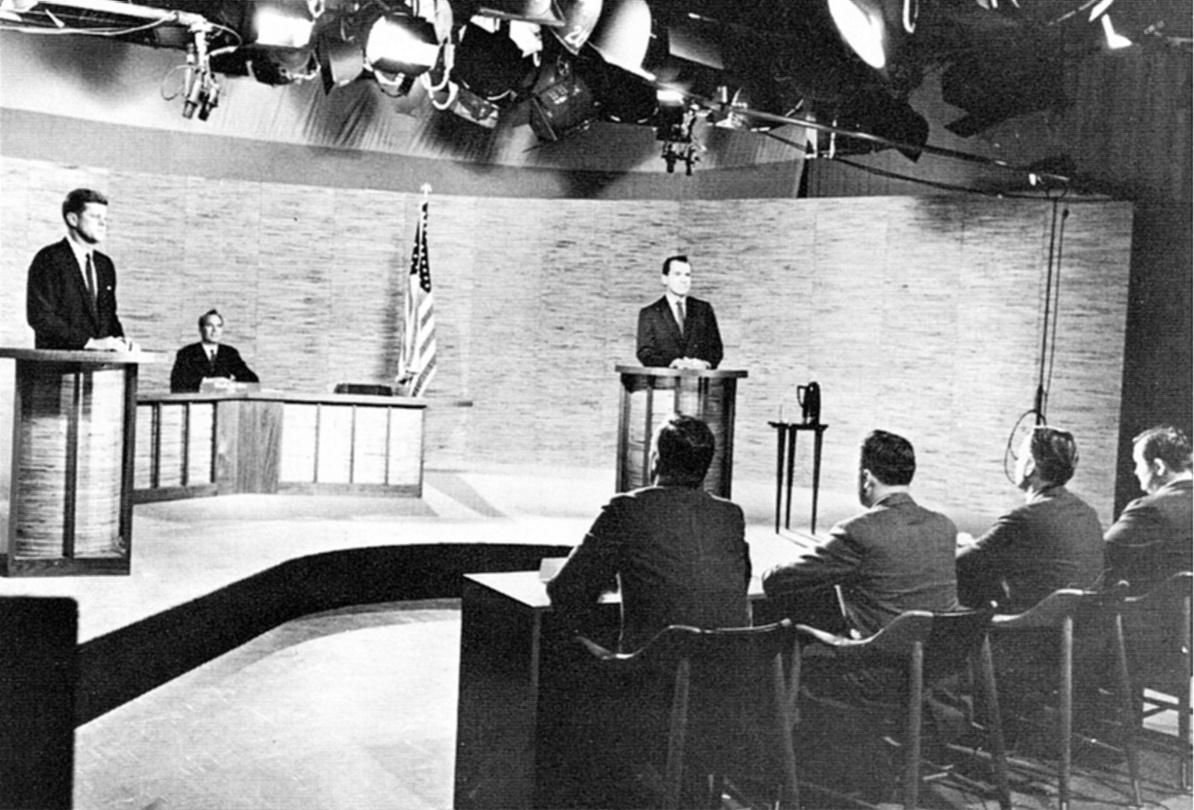How to Get a 5% Raise in Massachusetts
Massachusetts currently imposes an income tax on its workers as well as capital gains taxes. The income tax rate is a flat 5.3% which is also the long-term capital gains rate. The short term capital gains tax rate is a whopping 12%. Of course, these are in addition to any federal taxes you will pay.
Today, there is an op-ed piece in the Wall Street Journal that describes an upcoming November ballot initiative to eliminate the income tax and capital gains taxes in Massachusetts altogether. The motive is to force legislators on Beacon Hill to reduce spending and exercise fiscal restraint. If this sounds like it might be a long shot to happen in “Taxachusetts”, the article reminds you that the same question appeared on the ballot in 2002 and garnered 45% of the vote.
For more information, visit:
http://www.smallgovernmentact.org/
If this measure actually passes, then it has to force the state government to reduce spending. I imagine it will also cause local governments to raise property taxes to compensate for the loss in state money. Although I’m certainly all for a reduction in taxes and more fiscal restraint in government, I’m not sure I can completely support this movement in theory because it doesn’t seem all that unusual across the United States to have a small state income tax. But maybe the idea is to fight for an outright elimination and end up with a compromise.
August 5, 2008 No Comments
An Alternative to the Presidential Debate

John F. Kennedy and Richard Nixon debate in 1960. Source: Wikipedia.
Traditionally, the televised U.S. Presidential Debates involve two or more candidates answering questions proposed or relayed by one or more debate moderators. The questions can be highly subjective since they are usually written or chosen by the network, and the quality of the debate depends heavily on the skills of the moderator and the selection of questions. The candidates’ responses are usually well-rehearsed beforehand, and it is easy for a candidate to rattle off his or her position on an issue, and why it is superior to the opponent’s position. Also it is quite easy for a candidate to dodge the question, or just give a well-rehearsed answer to a different question. But oftentimes, in order to make the debate more interesting, the moderator(s) will try to trap the candidate into contradicting him or her self. The moderator will ask the candidate a question, and then compare the response to a soundbite that the candidate might have given weeks, months, or years beforehand. This puts a candidate in the uncomfortable position of trying to defend a past statement without looking like a “flip-flopper.” This may appear to be interesting television for some, but it is hardly a constructive process for educating the American voter on who would make the best President.
Therefore, I propose (perhaps not originally) an alternative to the conventional debate, which I first heard described by New York Times columnist David Brooks on NBC’s Meet the Press on April 20, 2008. Mr. Brooks proposed a format where the candidates would be presented with some issue, and have to work out a solution in front of an audience. I’ll try to describe one such example in more detail. In the debate alternative, each candidate would be presented with what is essentially a hypothetical case study. The candidates would be told days in advance that the case study will involve, for example, a foreign policy crisis. The candidate will then be able to assemble a small staff of 3-4 advisors of their choosing. At the event, the candidate will be presented with a detailed description of the case. For example, the candidates might be told that nuclear weapons in North Korea have suddenly been made operational and are pointed toward South Korea and Japan. The candidate will work with their advisors for 20-30 minutes and discuss a measured response to the scenario. The discussions in each camp will be broadcast live and the viewer will be able to hear how the candidates lead the discussion with their teams and what questions they ask, both to their advisors and to the moderators that can provide more detail about the scenario. The voter will learn about the candidate’s temperament, his/her skills in leading a constructive discussion, and will get a more realistic illustration of how the candidate might react to an actual crisis.
Not only does this debate alternative produce more relevant information for a potential voter analyzing who would make the best President, but I argue that it would produce more entertaining television, and improve declining debate ratings. Consider, for example, the television show “The Apprentice”, which in its first incarnation was a ratings juggernaut. The show captivated viewers by putting business professionals and MBA students into real-life situations. Similarly, putting presidential candidates into more realistic situations would make for great entertainment and higher ratings, with the added benefit of serving as a better indicator of presidential ability.
If you would like to see this or another alternative to the traditional presidential debate for the upcoming election and future elections, please comment and share this article with others.
August 3, 2008 No Comments
Proving the Kevin Bacon Theory? No!
By analyzing billions of instant messages, Microsoft researchers have proven that the average number of connections it takes to get from any one person to another is about 6.6. This number is darn close to 6, as in Six Degrees of Separation, title of the well-known 1990 play by John Guare. According to Wikipedia, the idea may actually have originated from a Hungarian author named Frigyes Karinthy. But in any case, there has certainly been a lot of research done by mathematicians and computer scientists over the years trying to prove or disprove the idea that any two strangers are separated by only six relationships, and so this Microsoft study may be the first such work that is really conclusive.
Unfortunately, it appears that some major news outlets are referring to the results of this research as proof of the “Kevin Bacon Theory,” which is all wrong! There is no such thing as the Kevin Bacon theory. Rather, there is a party game called “Six Degrees of Kevin Bacon” that was invented by some college students who thought Kevin Bacon was in a lot of movies. In the game you try to connect him to other actors through their roles in the same movies, which is sort of similar to the idea of Six Degrees of Separation. But it’s a game – it ain’t no theory!
August 2, 2008 1 Comment
Why I Didn’t Buy a House
When I started working a few years back, it didn’t take too long for friends, family, and co-workers to start pressuring me about buying a house (or condo). The most common remark was this: “By renting, you’re just throwing your money down the drain.” I had also read the book Rich Dad, Poor Dad by Robert Kiyosaki (before Kiyosaki turned into that creepy informercial guy peddling his wares on late-night TV. But, that really is a great book.) I did a little bit of due diligence, and it didn’t take me long to figure out that to buy even a tiny condo in the Boston area, I would have had to take out a huge mortgage. Here’s a quick example. A $300,000 mortage at 6% interest would make my monthly payments about $1800/month. As I’d get further into the mortgage, my payments toward principal would increase and payments toward interest would go down. My first payment would be $300 towards principal and $1500 toward interest! Even after 5 years into the mortgage, I would still be paying only $400 into principal, and $1400 into interest. How’s that for throwing money down the drain?

Comparison of the percentage change of the Case-Shiller Home Price Index for the housing correction beginning in 2005 (red) and the 1980s–1990s correction (blue), comparing monthly CSI values to the peak value seen just prior to the first declining month all the way through the downturn and the full recovery of home prices. Source: Wikipedia
Yeah you can deduct your interest payments from your taxes, so you recoup about a third of those interest payments. So the money I would pay towards interest in a mortgage wouldn’t be too far off from the $1000 in monthly rent that I pay. But as Robert Kiyosaki would say, buying a house or condo comes with a lot of non-obvious expenses – property taxes, maintenance, insurance – stuff you don’t have to worry about with an apartment.
Certainly, there are a lot of issues I have glossed over here. First of all it depends on where you live. If I could buy a nice place for $100k it would certainly be an easier decision. Also, it’s different if you’re buying investment property, or for example, a three-family house where you’ll live in one of the units, etc. Plus you just have to have the financial discipline to take the money you would have put into your mortgage payments and put that into an alternative investment. I’d suggest your 401k because up to $15,500 per year is tax-deductible, just like the mortgage interest payments. But in any case you should do your due diligence. I used Excel to make a detailed spreadsheet for my case but this website from the NY Times can help you with the math:
Now I’m not going to say that I predicted the severity of the housing bust, but in my humble opinion I did think prices were outrageous. And I’m certainly glad that I did my homework and decided not to buy a few years back. The same people that were pressuring me to buy then are now telling me how great of a time it is to buy. Maybe so, but I think those times will be here for a while, and my previous argument still holds. So the next time someone tells you that you’re throwing your money down the drain by renting, tell them to think again.
July 31, 2008 2 Comments
Unhappy Valley
Penn State is widely regarded as a top-tier public university, but it is probably most famous for its Division I football program. The program’s current coach, Joe Paterno, has held the job since 1966. In the 42 seasons under his leadership, Penn State football has finished in the AP Top 25 a remarkable 30 times, including 5 undefeated seasons and national championships in 1982 and 1986. At the same time, the program has been respected for maintaining high academic standards.
However, in recent years the team has struggled, enduring 4 losing seasons since 2000. Coach Paterno, now 81, has been under considerable pressure to retire and hand over the reigns to a capable successor. Despite the team’s recent struggles, there was never much attention paid to off-the-field issues, until now. A new investigative report from ESPN’s Outside the Lines series has shed light on the increasing rate of criminal charges filed against Penn State football players over the past 8 years. In the report, OTL insinuates that Paterno decided to recruit talented players with known character issues in the hopes of returning the program to past glory. Additionally, OTL says that Paterno and the University used the influence of the football program to secure favored treatment for athletes. Paterno denies the allegations and I have to side with him. He’s been a character guy for his entire career, and I can’t believe he would risk his reputation for a few more wins now. Also, the story is clearly one-sided – there is little comparison of Penn State to other football programs or a comparison to past years when the program was winning. But the report is still cause for concern. You be the judge.
July 29, 2008 No Comments